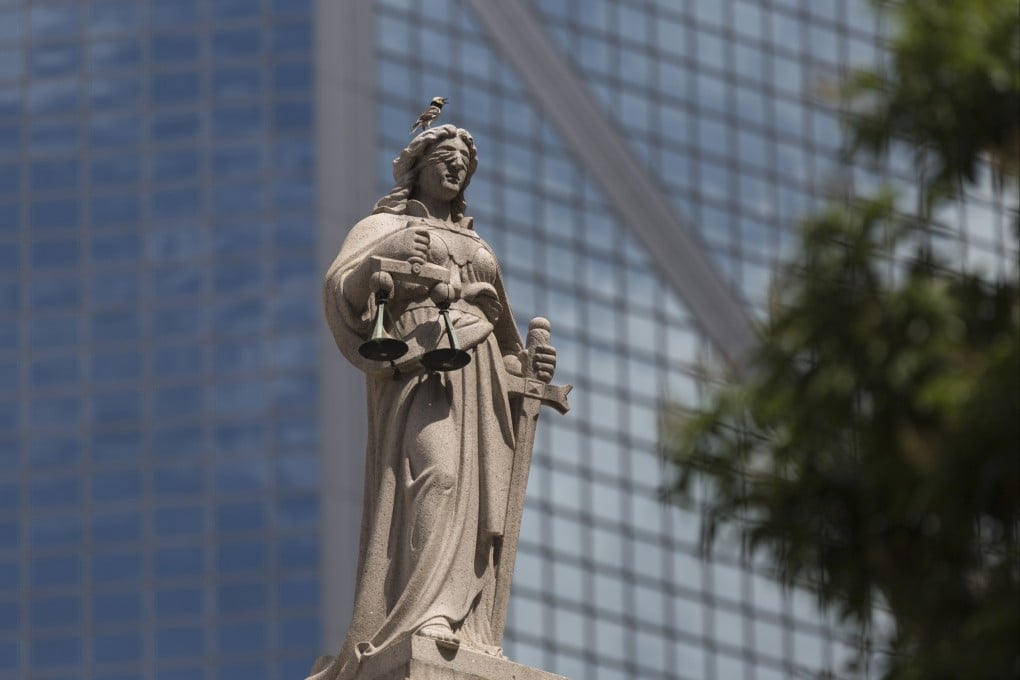Opinion | Hong Kong’s judiciary remains fiercely independent, and here’s the evidence
- Top international judges still serve on Hong Kong’s highest court and attest to its independence
- The city is also routinely ranked higher than many of its vocal critics – including the US and Britain – in measures of rule of law and judicial independence

Although it was perfectly legal and within the Basic Law that the National People’s Congress could promulgate the national security law for Hong Kong, the way in which it was implemented raised fears that the city’s rule of law would be eroded.
First, what are the symbols of rule of law and judicial independence? They are embodied in the Lady Justice statue – her balance scales represent impartiality in weighing evidence presented in court, her sword symbolises enforcement, and her blindfold represents how justice must be blind to external pressures and influences such as from the government and private sector.
Let us examine the facts. To give you an example of Hong Kong’s international legal flavour, as of March, there were 1,540 registered foreign lawyers in Hong Kong from 33 jurisdictions and 86 registered foreign law firms.
Some 75 per cent of the non-permanent judges on the Court of Final Appeal are from other common law jurisdictions: three from Australia, eight from Britain and one from Canada.
Lest we think that these overseas judges are from lower courts, they include two former chief justices of the High Court of Australia, the former and current presidents of the British Supreme Court, and a former chief justice of Canada, to name but a few.

